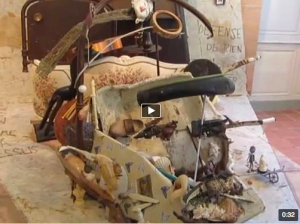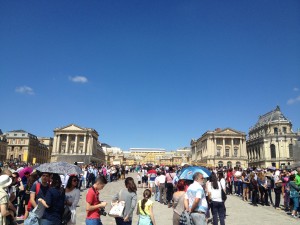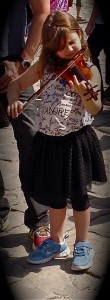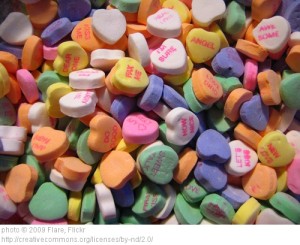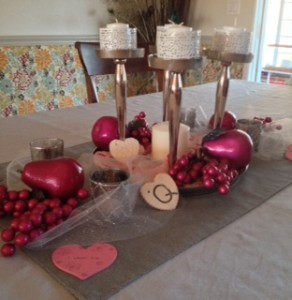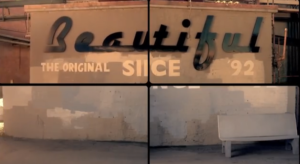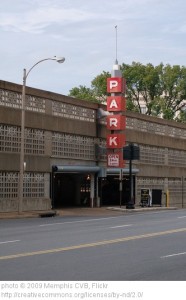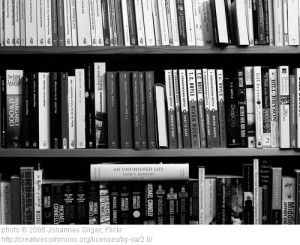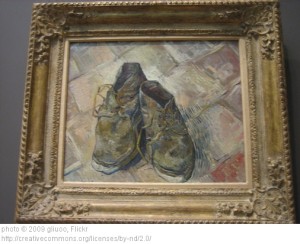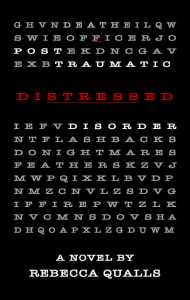
The best-laid-plans…Ironically, this is a phrase coined by a Scottish poet in the 18th century. (Once again, truth refuses to age.) Robert Burns tells of a farmer who unearths a mouse’s nest while plowing a field. I think perhaps a more modern approach might be the phrase, “It seemed like a good idea at the time.” Both of these well used phrases could easily describe the day I’ve had. It’s a rather tedious story about the logistics of moving across the pond and the oodles of migration paperwork. (This could be an easy mark to go adrift into the political weeds of immigration in general but then we would miss the point.)
For the last few months, we have planned. It’s sort of like a target. The further away one is from the intended action, the more vague the planning. The basics are talked through. Should we sell our home or rent it? Can I find a job? What happens if I can’t? The general aspects are ironed out and we move to the next concentric circle. One step closer to the thing.
We are rather close to the center now. We leave our home in 9 days. I spent the morning filling out visa applications and realizing that our well-planned itinerary may come crashing down around us. What happens if the visas don’t get approved before we are scheduled to fly out and we have to change our tickets? What happens if I miss my training? How much is it going to cost to change the tickets for the dogs? (Yes, as if taking 4 people isn’t challenge enough.)
The spinning begins. The stress meter tops out and darkness and despair descend like a chaotic fog. Quickly the questions change from how to why. Why are we doing this again? A question I have been asked frequently and for good reason. A question I have had to revisit myself today as I watch the best-laid-plans get doused with gasoline.
Several years ago our daughters expressed an interest in studying abroad. David and I encouraged the idea then realized we would be sacrificing a whole year we could be spending with them. He came up with the brilliant idea that I teach math (maths if you are in the UK) somewhere abroad and we take them on this adventure. Bailey and Ryan were fairly persistent, encouraging this idea of moving to another country. The discussion of a few years ago brought us to this point of visas, and packing, and leaving in 9 days.
Each one of us has had breakdown moments in the past few months. Sudden realizations that our lives are about to drastically change. (Oh and did I mention Isaac is going to be a Marine? Can we add that to the mix?) I find myself having to lean into the advice I have given others. Remember. As the stress of the unknown looms overwhelmingly, breathe and remember. This is what I tell myself…”Remember the specific times you have overcome difficulty. Remember the hurdles you have already cleared getting to this point. Remember why you started this thing in the first place.” The landscape of the adventure may have changed drastically, but the heart you had when you took your first step has not.
We leave in 9 days. And truthfully, I’m not sure how it’s all going to work out. But I remember why. So, best-laid-plans be damned. We jump ship in 9 days (metaphorically, of course) and these best-laid-plans will turn into stories and moments to remember as we stand on the precipice of the next adventure. (Insert deep breath here.) Or as the Brits would say, “Keep calm and carry on.”
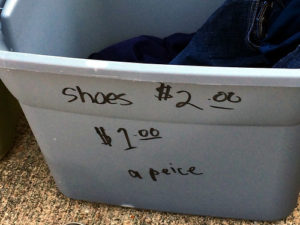 Perhaps some of the best experiments happen by accident. Case in point,
Perhaps some of the best experiments happen by accident. Case in point, 


